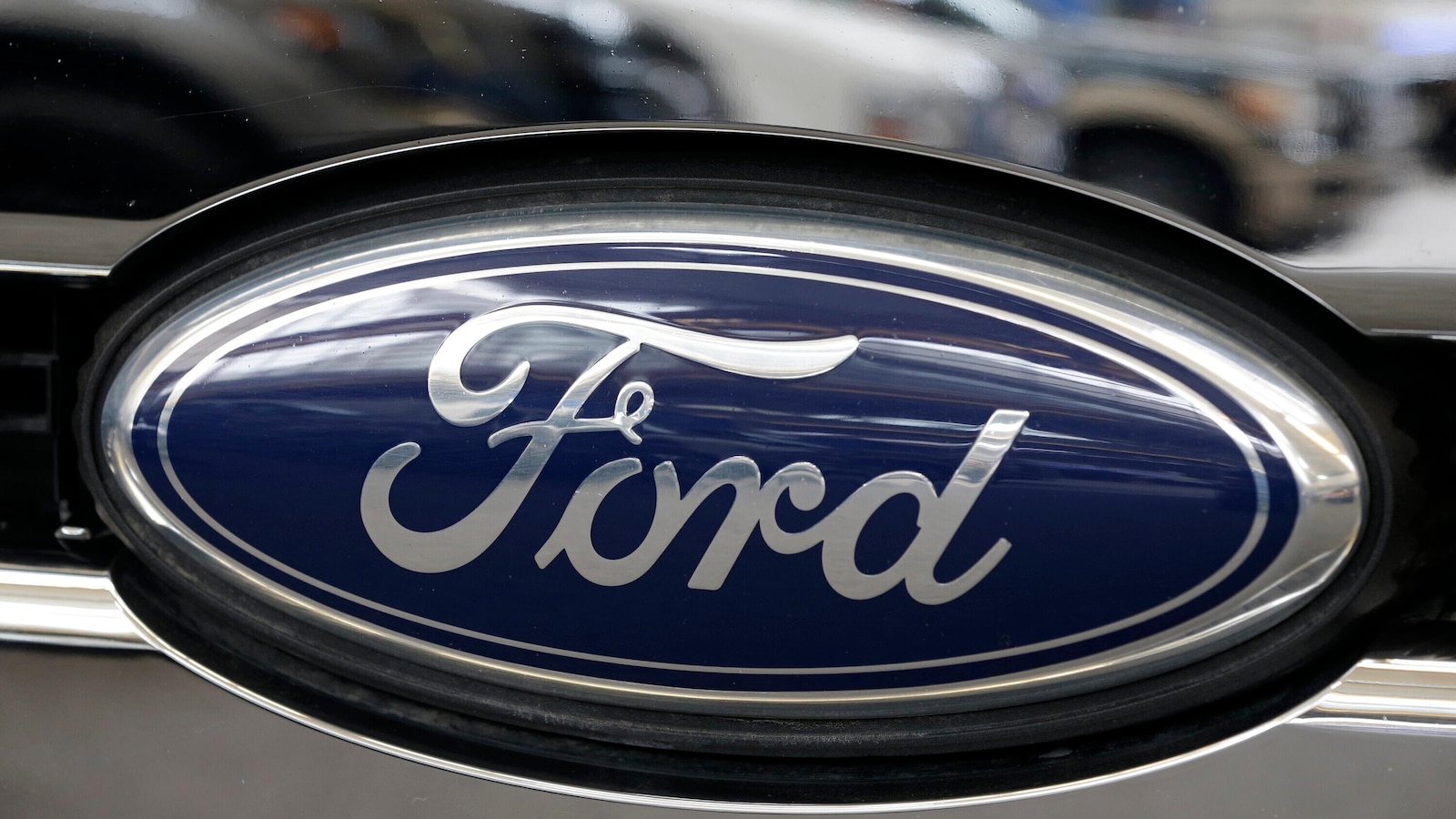In a significant move aimed at safeguarding its customers, Ford Motor Company has announced a recall affecting more than 694,000 Bronco Sport and Escape vehicles. The issue at hand revolves around a defect
Did You Know
At birth, a baby panda is smaller than a mouse.
?
AD
in the fuel injectors, which may crack and leak, posing a severe fire hazard. While Ford asserts that it is currently unaware of any incidents or injuries related to this defect, the recall serves as a crucial precaution to ensure the safety of drivers and passengers alike. This proactive approach reflects the automaker's commitment to addressing potential risks before they escalate into serious concerns.
The recall affects a wide range of vehicles, highlighting the scale of the potential problem. In issuing the recall, Ford aims to mitigate any risks and reassure consumers that their safety is of utmost priority. As these vehicles are well-loved for their reliability and performance, the news has prompted a wave of attention across national media outlets, with many emphasizing the importance of consumer vigilance. Owners of the affected models are advised to stay informed and take necessary precautions as they await further updates on remedial measures from the company.
As the automotive industry continues to grapple with various safety challenges, this recall reminds consumers of the importance of automotive safety standards and the responsibility manufacturers hold in delivering secure vehicles. Ford's swift action is a testament to its dedication to quality and safety, reinforcing the notion that proactive measures can prevent potential disasters. For countless drivers, the reassurance that their vehicle is safe on the road is paramount, and this recall underscores the vital connection between consumer trust and manufacturer accountability.
Q&A (Auto-generated by AI)
What causes fuel injectors to crack?
Fuel injectors can crack due to various factors, including thermal stress from engine heat, poor manufacturing quality, and exposure to corrosive fuel additives. Over time, these conditions can weaken the material of the injector, leading to cracks. In the case of the Ford Bronco Sport and Escape models, the specific issue relates to the injector's construction and the materials used, which may not withstand the operational stresses, resulting in potential leaks.
How does a fuel leak lead to fires?
A fuel leak can lead to fires when gasoline or diesel vapors come into contact with an ignition source, such as a spark or hot engine component. Fuel injectors that crack and leak can create a hazardous situation, especially in enclosed spaces or near hot surfaces. If the leaked fuel accumulates and ignites, it can result in a fire, posing significant safety risks to drivers and passengers.
What safety measures does Ford implement?
Ford implements several safety measures to address recalls, including notifying affected vehicle owners, providing repair instructions, and offering free repairs or replacements. They also work closely with the National Highway Traffic Safety Administration (NHTSA) to ensure compliance with safety regulations. Ford's proactive communication helps to minimize risks and ensure customer safety, reflecting their commitment to vehicle reliability.
What is the recall process for vehicles?
The vehicle recall process typically begins when a manufacturer identifies a safety defect or receives reports of issues from consumers or regulatory agencies. The manufacturer then notifies the NHTSA and affected vehicle owners, detailing the problem and offering free repairs. Owners are usually instructed to bring their vehicles to authorized dealers for inspection and necessary fixes, ensuring that the vehicles meet safety standards.
How often do vehicle recalls occur?
Vehicle recalls occur regularly, with thousands of recalls issued annually in the U.S. In recent years, the number of recalls has increased due to heightened safety regulations and improved reporting mechanisms. Factors such as new technology, manufacturing processes, and consumer feedback contribute to the frequency of recalls, as manufacturers strive to maintain safety and reliability in their vehicles.


















